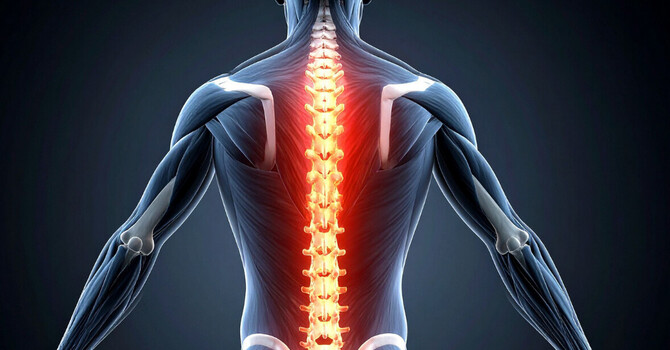
Carpal tunnel syndrome (CTS) is a condition that results from the compression of the median nerve as it passes through the wrist. CTS is a relatively common condition, with an estimated prevalence of 2-3% in the general population. Although CTS is often associated with repetitive motions of the wrist and hands, such as typing or assembly-line work, the condition can also occur in people who do not have these risk factors.
Symptoms of CTS include tingling, numbness, and weakness in the hand and fingers. These symptoms are caused by the compression of the median nerve, which leads to decreased blood flow and inflammation. The most common treatment for CTS is surgery, which involves releasing the compressed nerve. However, often times surgery does not produce successful outcomes, becase other areas of the nerve up into the arm and neck are not addressed.
An often-overlooked cause of CTS is entrapment of the median nerve further up the chain into the arm and neck. Entrapment occurs when the median nerve becomes glued down by adhesions—areas of scar tissue that form after injuries, repetitive motions truama. Adhesions can limit the range of motion of the median nerve and lead to symptoms of CTS. If you are experiencing symptoms of CTS, be sure to get checked for adhesion in the areas by a properly trained specialist.
Carpal tunnel syndrome is a relatively common condition that can cause tingling, numbness, and weakness in the hand and fingers. Although surgery is often recommended as treatment for CTS, this approach is not always successful and can lead to complications.
Don’t suffer needlessly—learn more about soft tissue adhesion today and book your appointment below.



